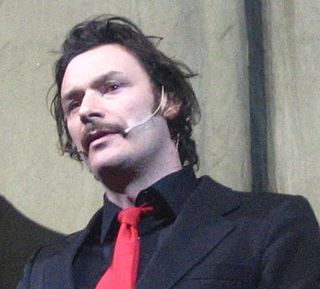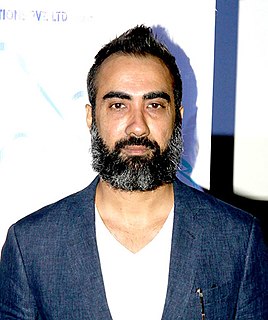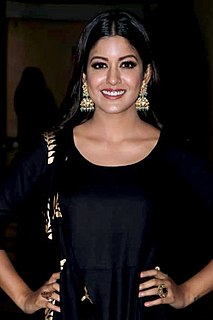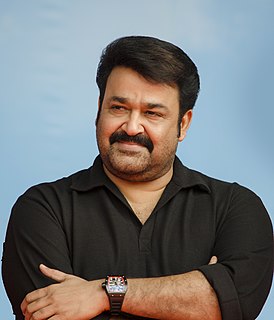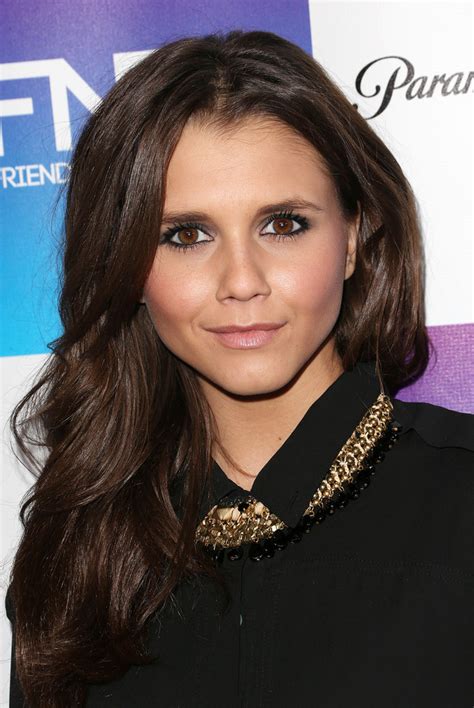A Quote by Jim Gaffigan
Stand-up comedy in the end, unlike the rest of the entertainment industry, is a meritocracy. There's a certain level of undeniability you can work toward.
Related Quotes
If there's one regret I have of my time in comedy it's that I really I was so obsessed with improv for so many years and I exclusively did improv for the first 6 years or 7 years. I was doing comedy and then I started doing solo work and stand up, a bit of writing, making videos, and really going into it on that end.
To be in the music industry, to be in any kind of entertainment industry, you really, really have to be passionate about it and love it and persevere, because if that passion isn't there, it's easy to give up. If you really want it, the ambition is there, it'll come. It's definitely harder work than some people think.



